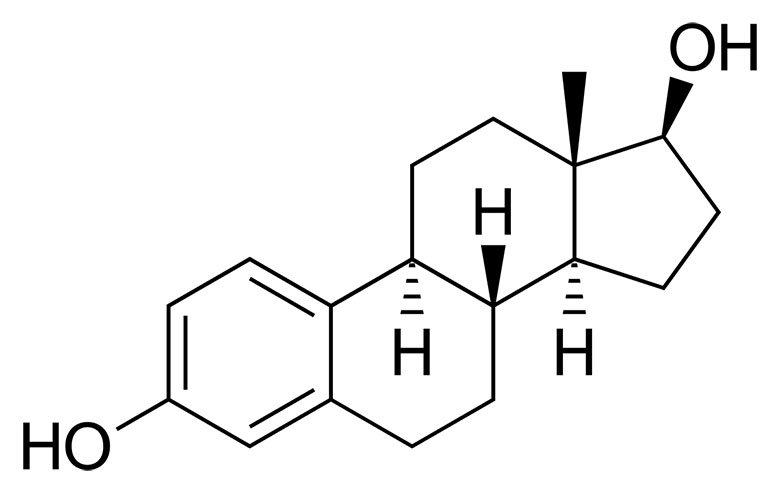
Women’s health and beauty
1353 views
The reasons and signs of estrogen excess
Hormonal imbalance can negatively affect women at almost any age. Excess of oestrogen, which is a key female hormone may first show through a slight discomfort. Yet gradually it may lead to quite serious health issues. That’s why maintaining proper amounts of this hormone in the blood is extremely important.
Possible reasons for estrogen excess
The causes of too much oestrogen in the blood may vary in their nature, yet they are not numerous:
- The body secretes too much of the hormone. Such a condition is possible due to alterations in the work of adrenal glands, for example. They may be provoked by continuous stresses and excessive physical activity. The body starts secreting less progesterone, and when the balance between it and oestrogen is disturbed, a woman may start experiencing some unwanted symptoms.
- Consumption of oestrogens from the foods. In rare cases, eating foods that contain phytoestrogens or other hormones or even antibiotics may cause a crash in the hormonal balance. As a result, oestrogen excess is formed.
- Administering of hormonal preparations. Overly high estrogens may appear and cause troubles in women getting hormone replacement therapy for diminishing menopausal symptoms. You may need your dose to be adjusted to stabilize your health condition.
However, in some periods of the female life, large amounts of oestrogen may be a kind of norm. It explains the alterations in the women’s state of health prior to the menstruation, for example. Nevertheless, depending on the seriousness of your PMS signs, you may also need a doctor’s consultation.
How can you know that there’s too much estrogen?
Any alterations of the hormonal background manifest via certain symptoms. Having an excess of estrogens in the blood, you are very likely to experience:

- Tenderness or pain in the breasts (you may also have noticed it before the periods);
- Headaches or even migraines;
- Severe PMS symptoms (e.g. irritability, mood swings);
- An increase in body weight without obvious reasons;
- Abnormal menstruations (too strong or almost absent bleedings);
- Fibrocystic lumps in the breasts;
- Insomnia or vice versa sleepiness;
- Low libido.
You may feel some other symptoms too because the number of unwanted manifestations and their severity depends on the quantity of the hormone in your blood.
Posted in Women’s health and beauty
(0 voices, average: 5 of 5) 1353 views
































